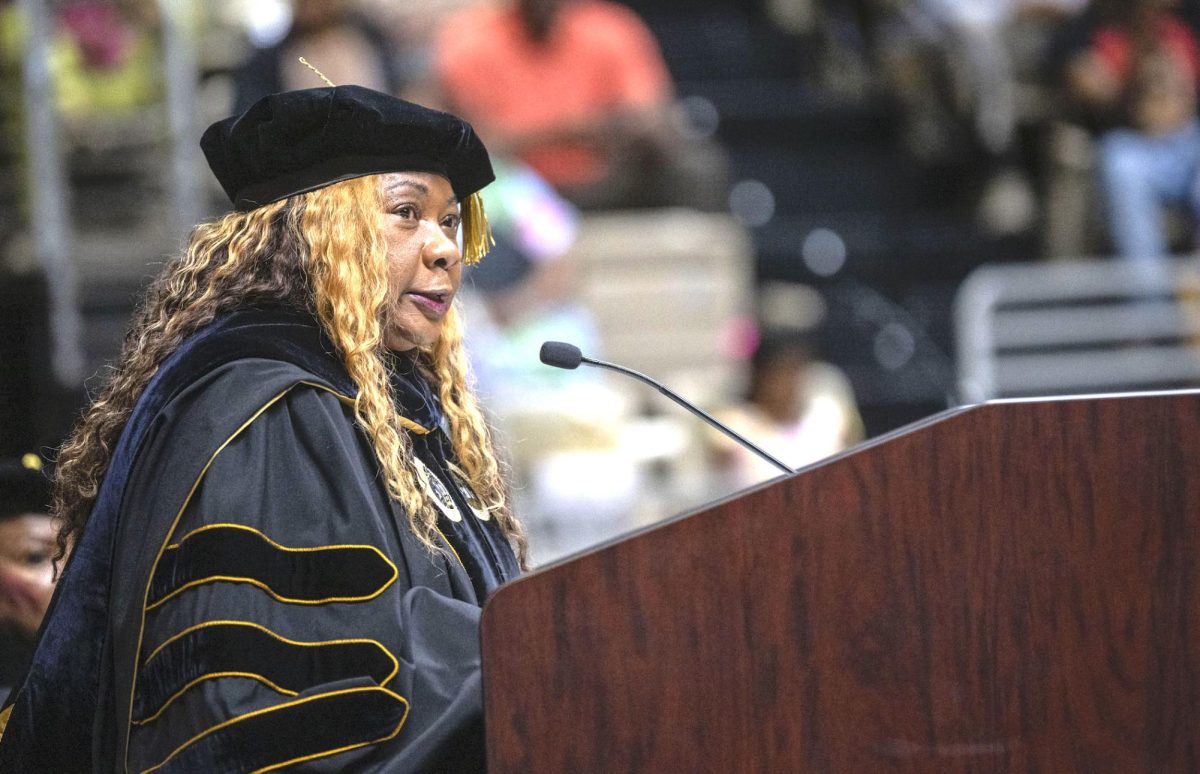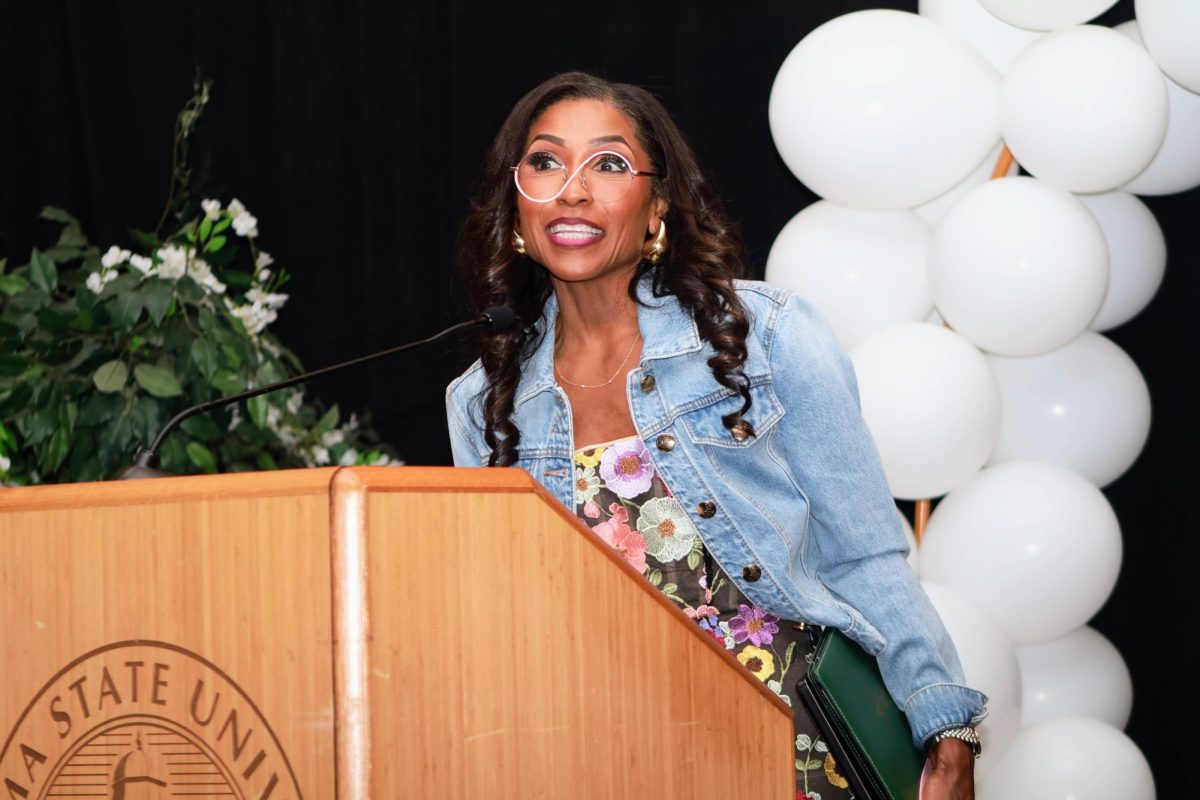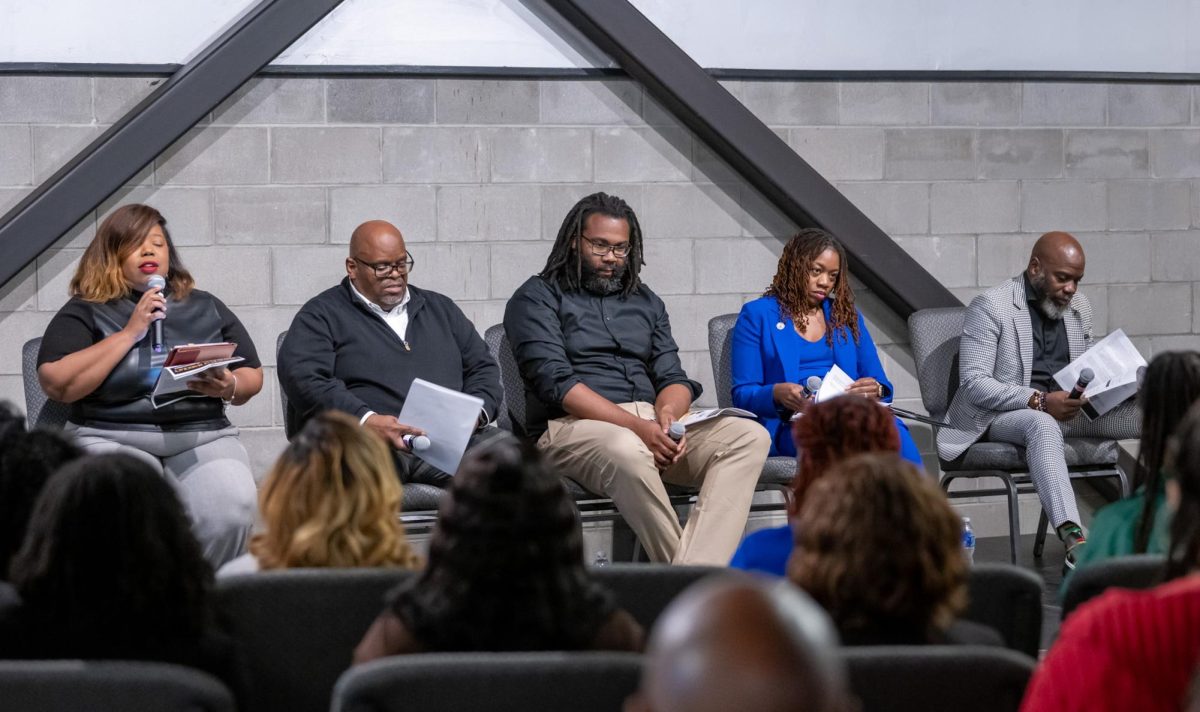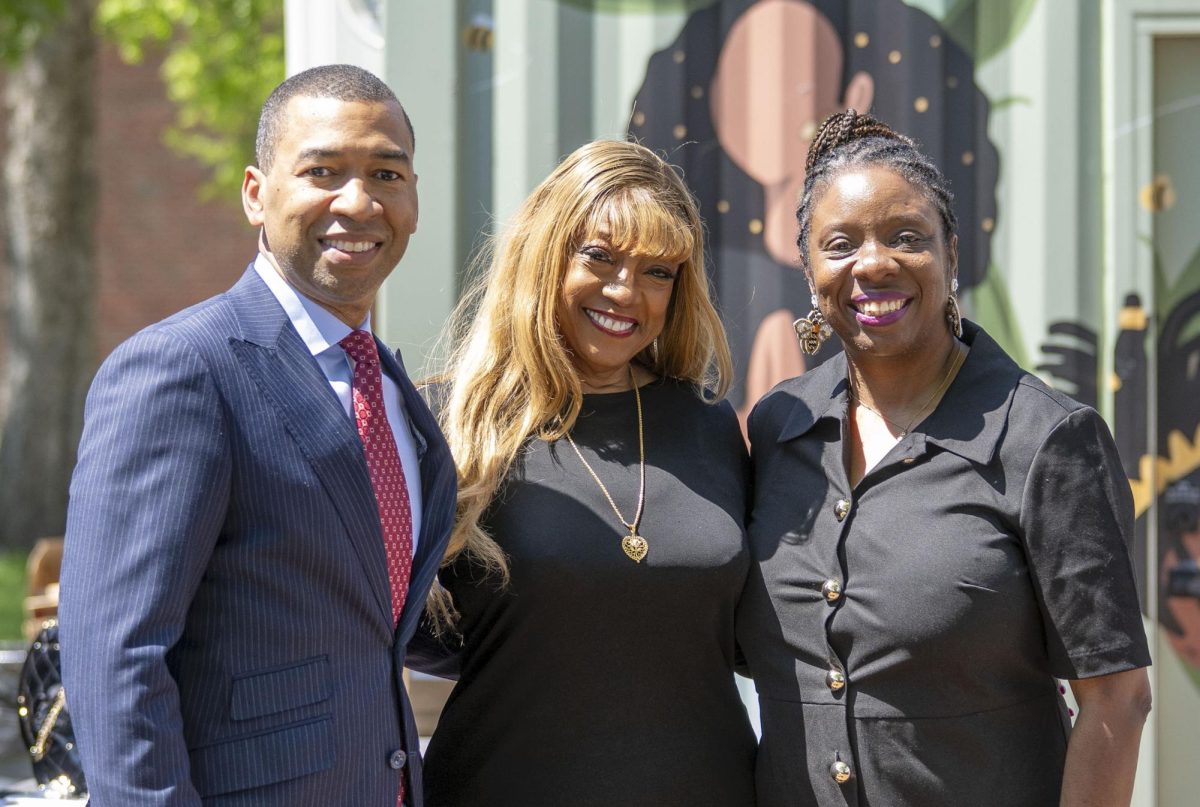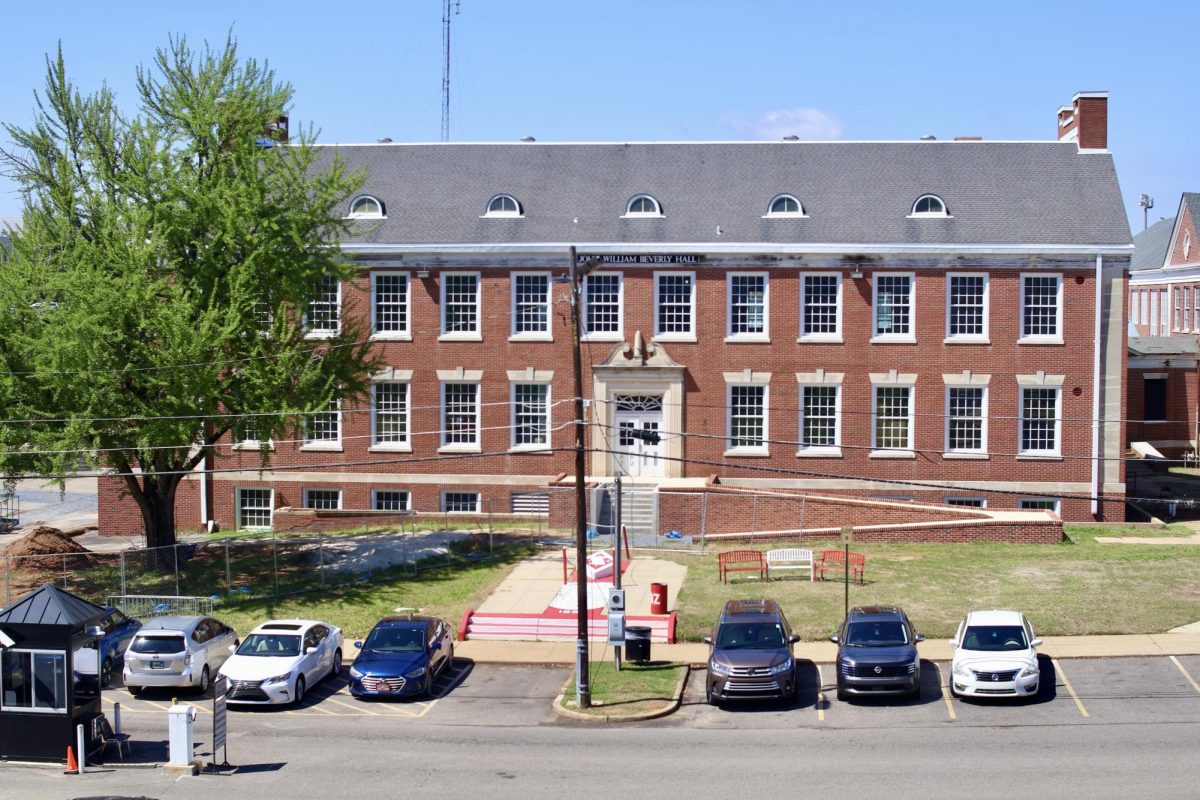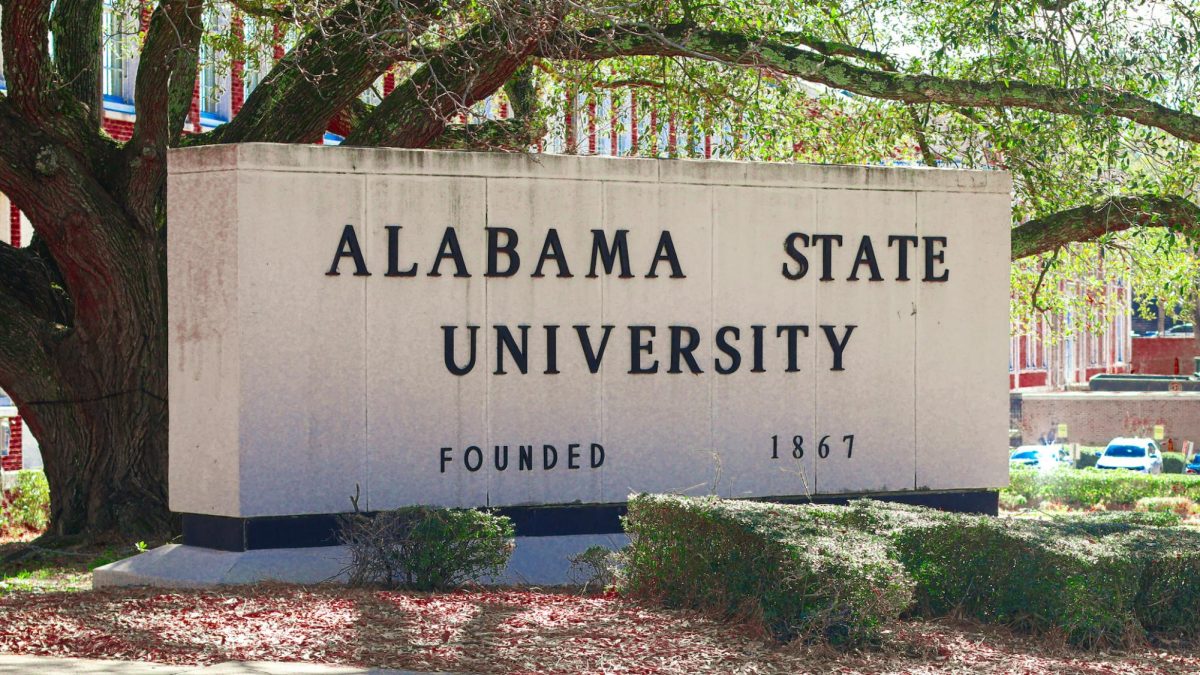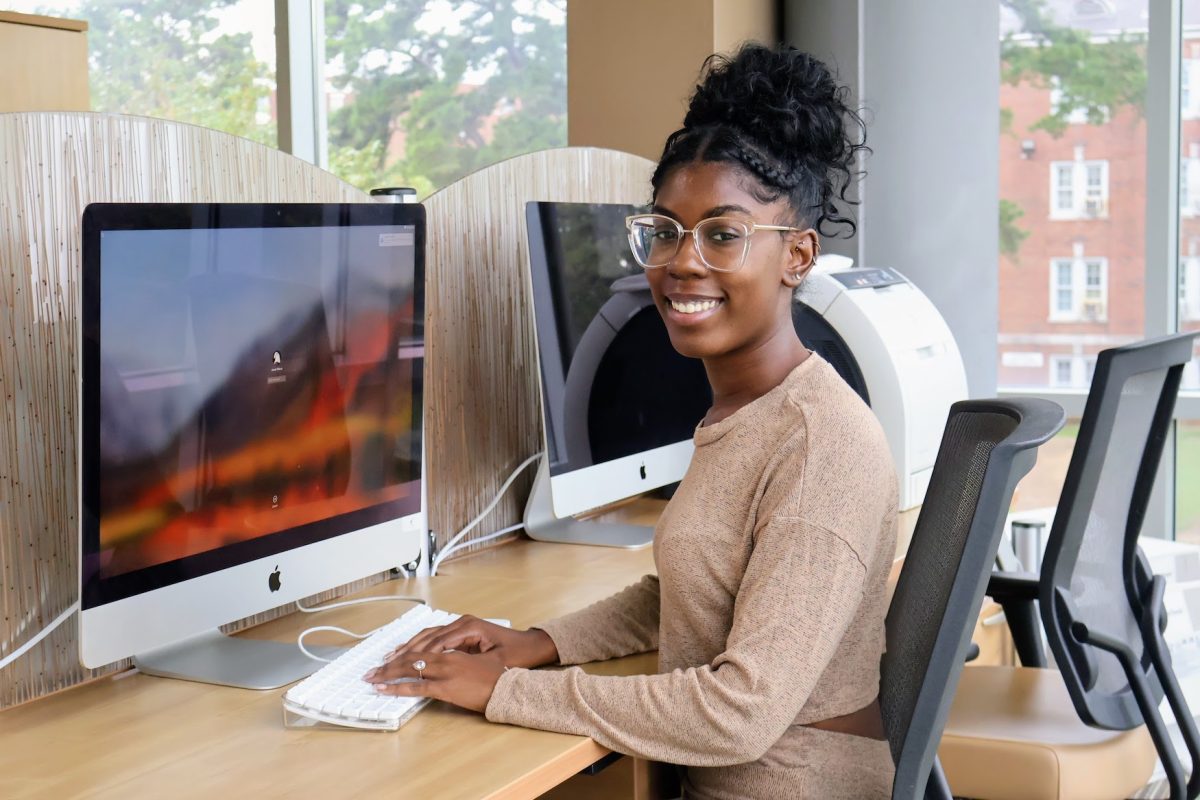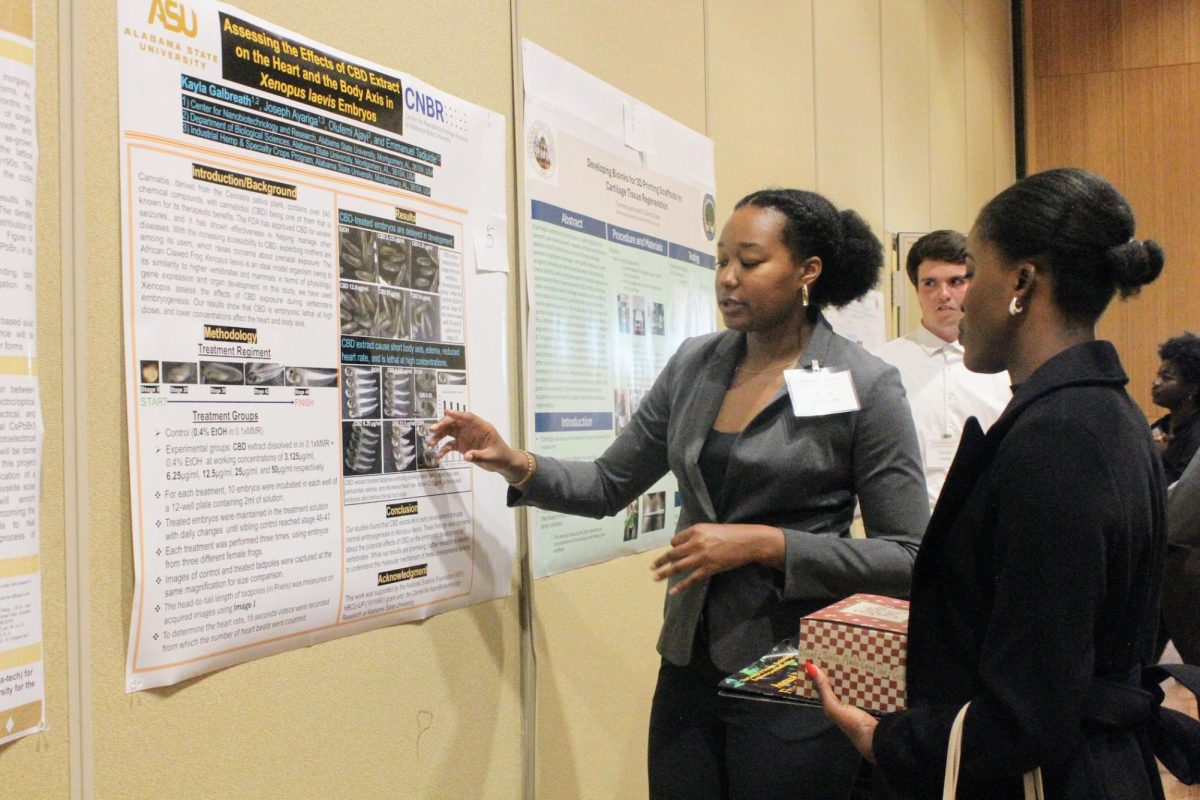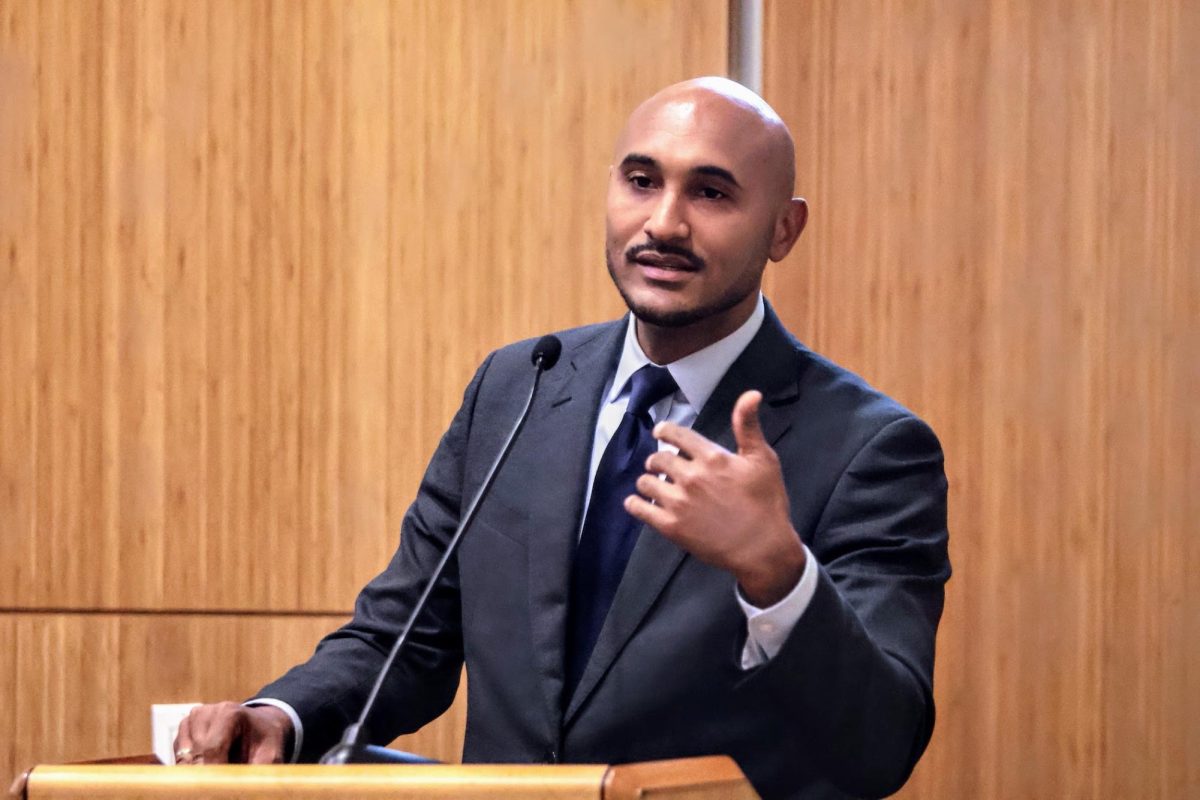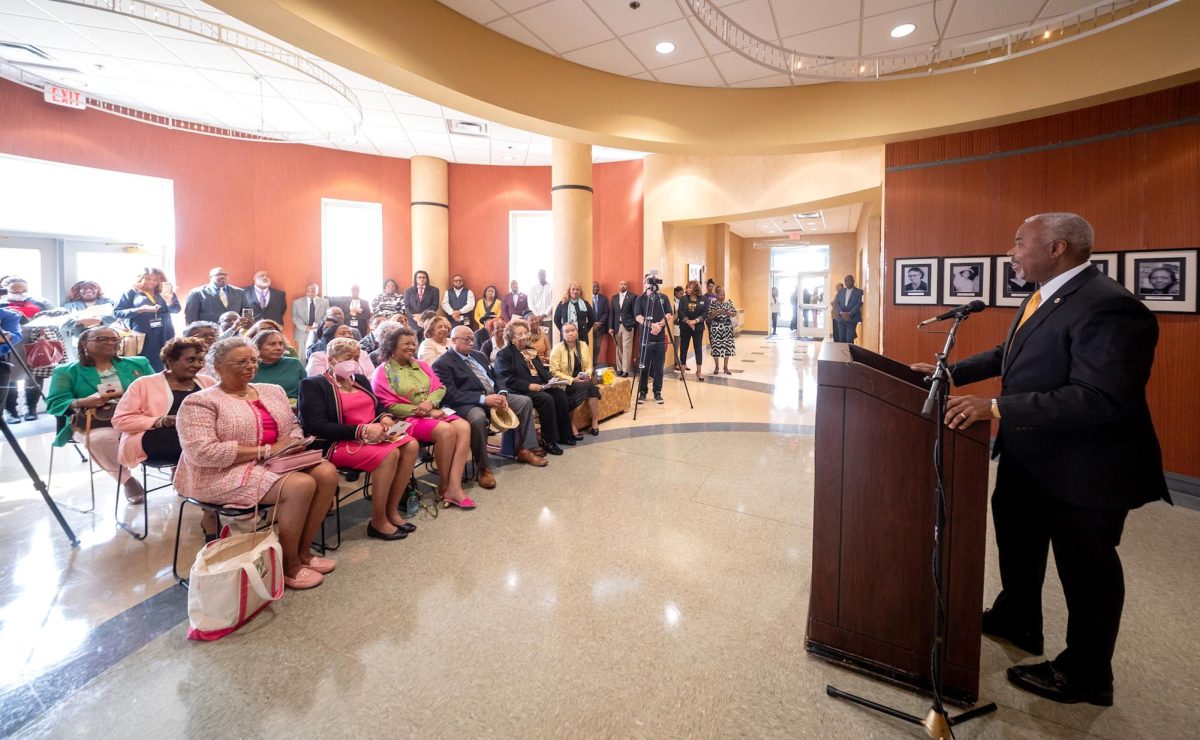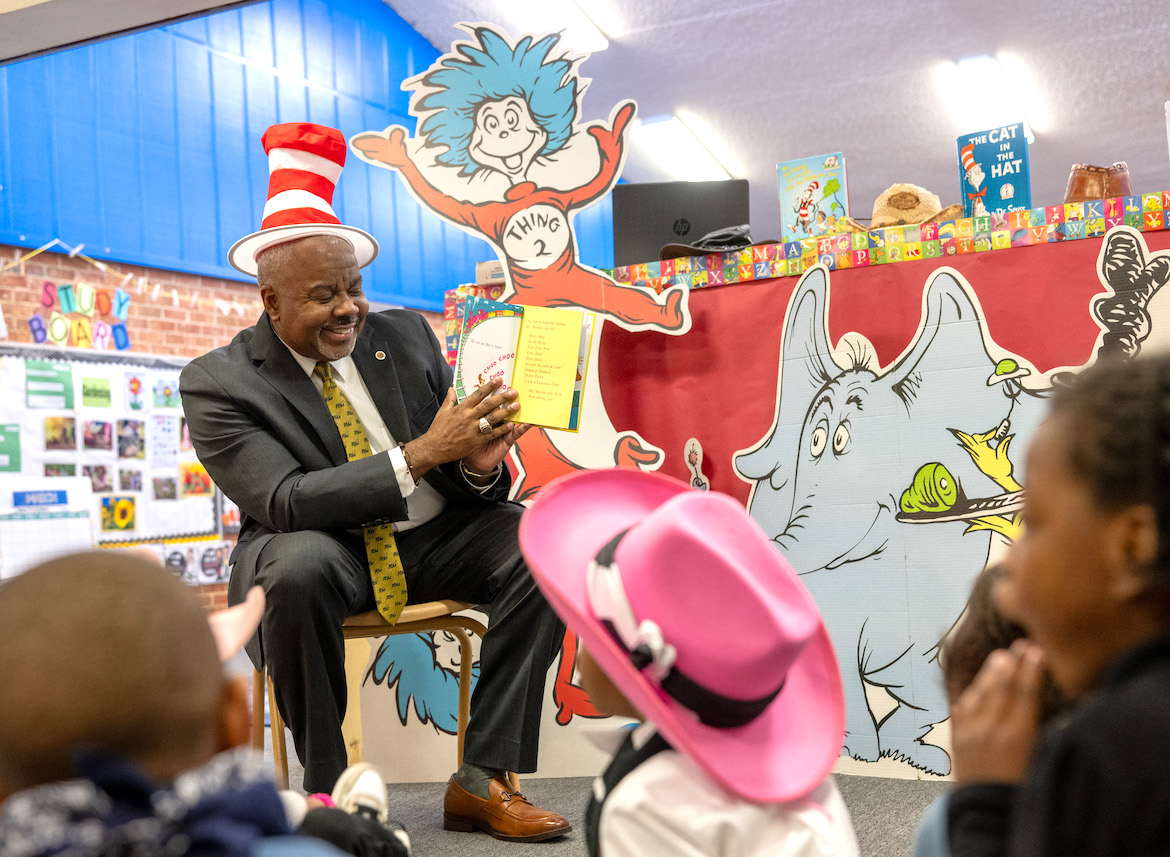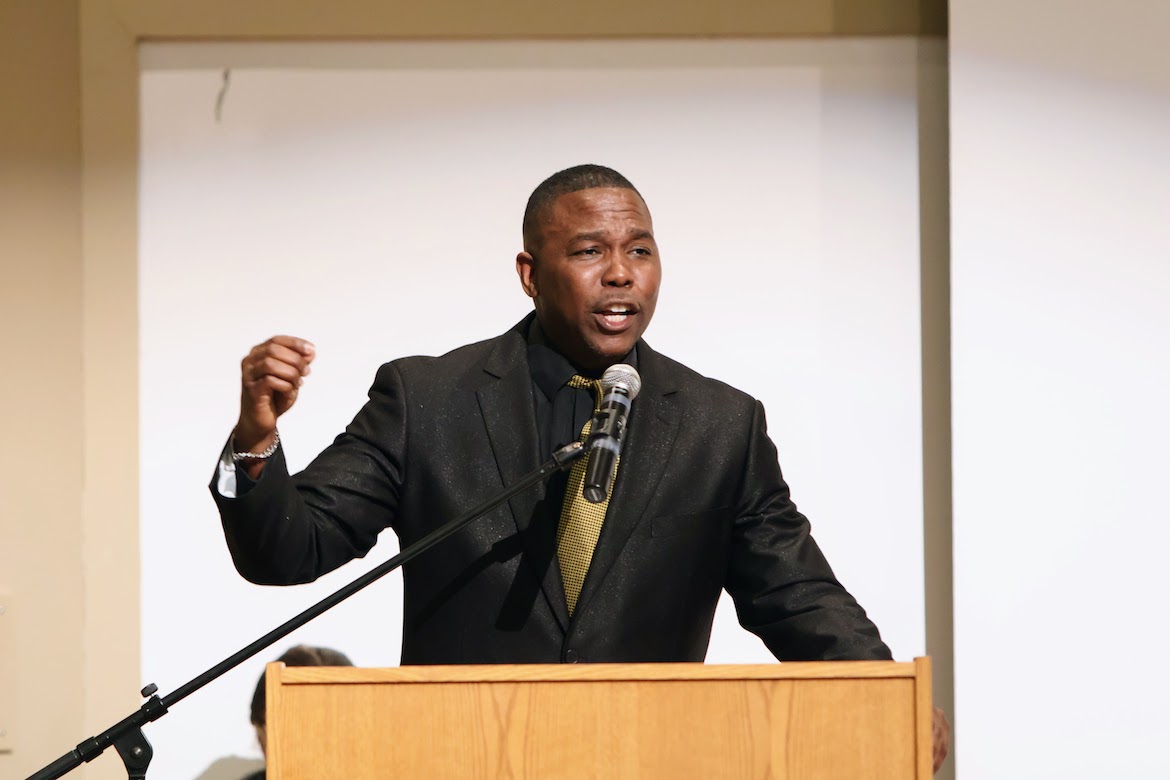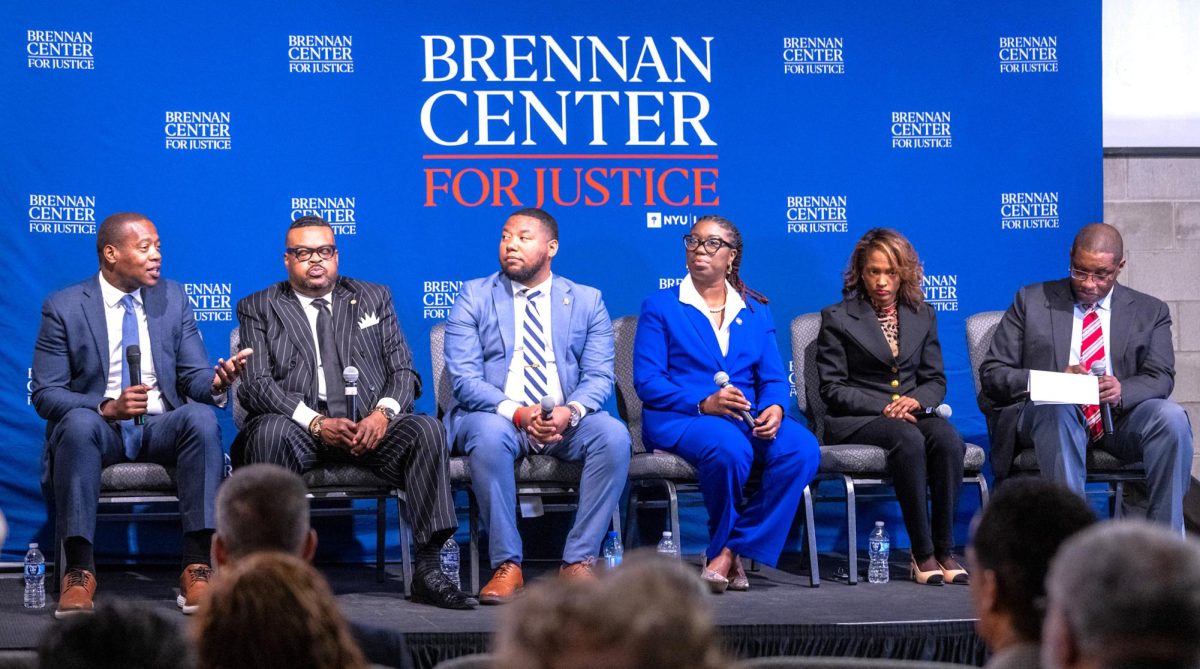Environmental and climate activist Catherine Coleman Flowers challenged the Alabama State University 2024 graduating class by emphasizing throughout her speech, “It doesn’t matter where you start, it’s how you finish.”
Flowers’s exposure to activism began when she was a young girl in her birthplace of Birmingham, Ala., where she watched her mother march in support of civil rights. Around the age of 5, Flowers witnessed students, youth and adults fight for Black and civil rights and the 1963 bombing of 16th Street Baptist Church that killed four young African-American girls.
Flowers’ family moved to her father’s hometown in Lowndes County, Alabama, as she recounted her journey.
“I graduated from Central High School in Lowndes County one week and the next week I found myself at Alabama State University in Bibb Graves Hall,” Flowers said. “It was here on this campus where I learned how to speak. I remember taking a public speaking class and I think my instructor’s name was Mr. Jackson, and I think my first speech was about a woman named … Rose Robinson, who was the dean of students, and we were complaining about the different activities that we were not allowed to do at that time. But one of the things that I learned in my struggle and journey, young people, is that we do not know it all when we are young. And some of the things that we do protest about are really for our protection. We were concerned about a lot of the rules that they had in place, but many of those rules were for our protection. Were they not in place, we probably would not have made it through the process of graduating.”
After graduating, Flowers landed in Washington, D.C. where she would begin teaching history.
“I would always bring my students back to Alabama and we would always stop at Alabama State University.
Flowers gave the graduates permission to reinvent themselves.
“Some of you are very young in this audience and some of you are older,” she said. “My transition and my life still evolves. I moved back to this area in 2002. One of the first jobs that I got when I moved back here was working in Selma and getting the first Black mayor of Selma elected. Then later, I ended up working with a gentlemen named Bob Wisdom, with an organization out of D.C. and we started working on sanitation issues in Lowndes County. What we did not know at the time, this was not just Lowndes County, all 67 counties in the state of Alabama have sanitation issues. What we ended up learning, this is not just a problem for poor people, it’s a problem across the United States. Where you start, may not be where you end up, so it is okay to reinvent yourself.”
She encouraged the graduates


